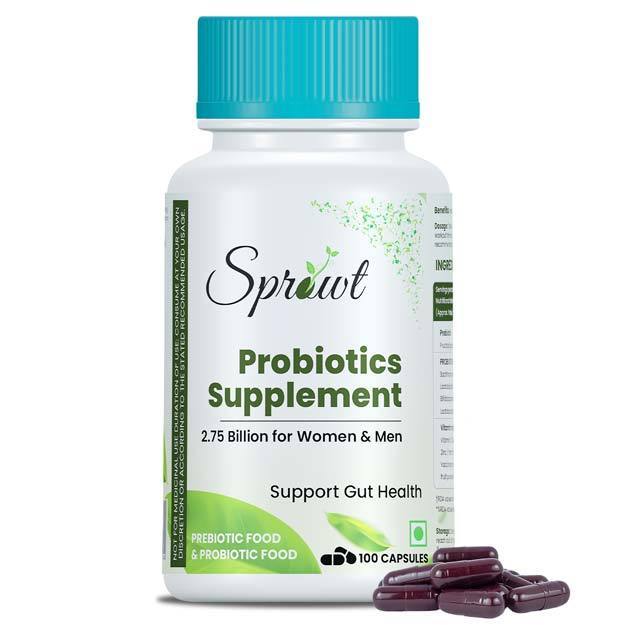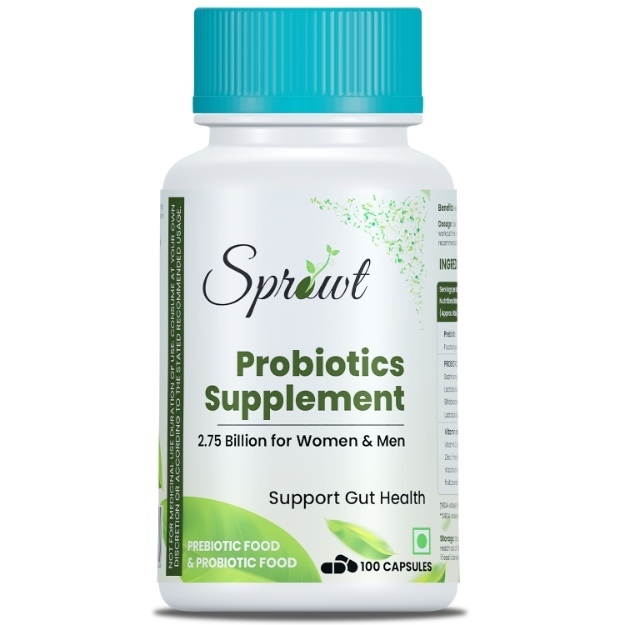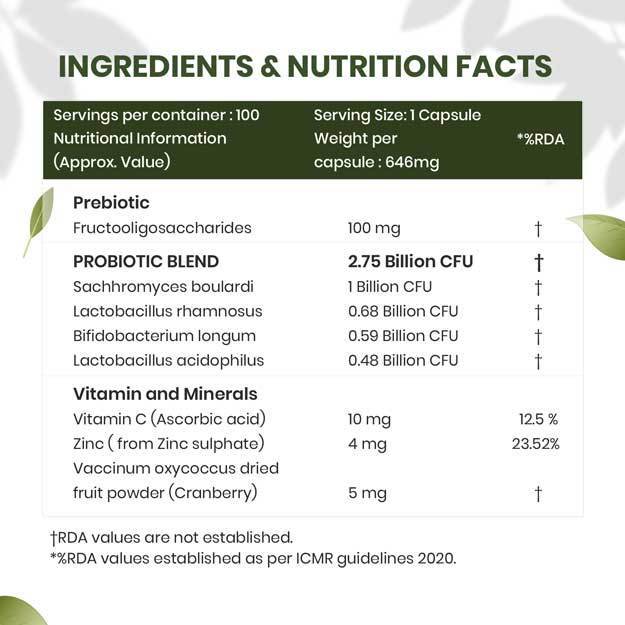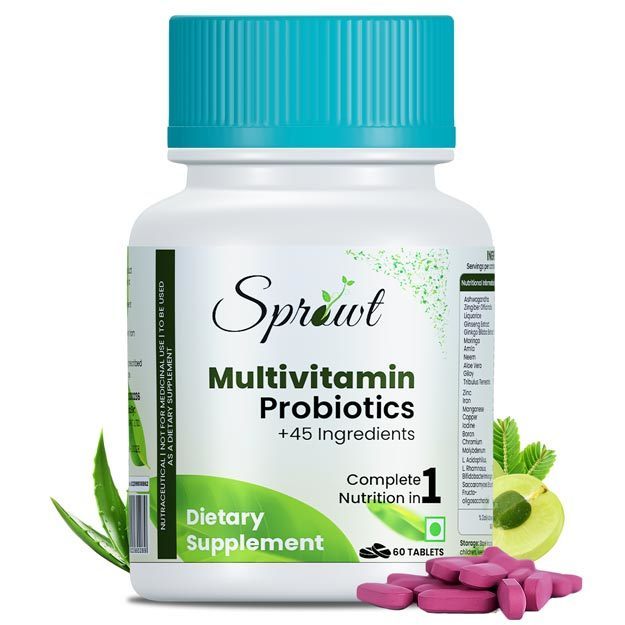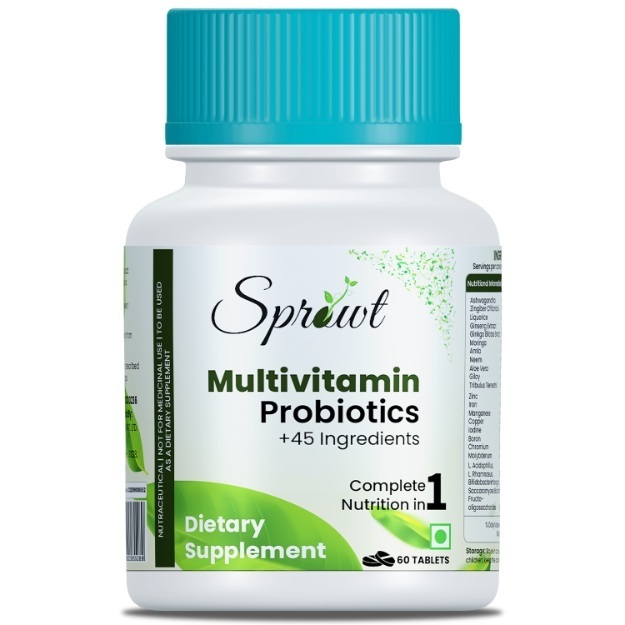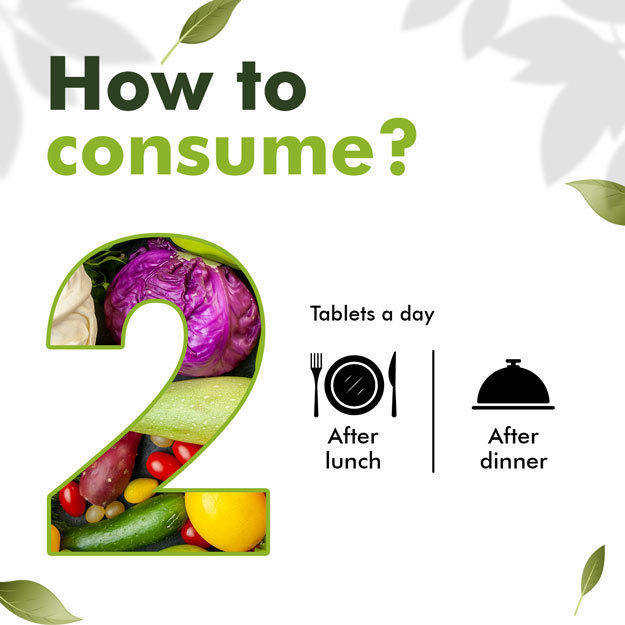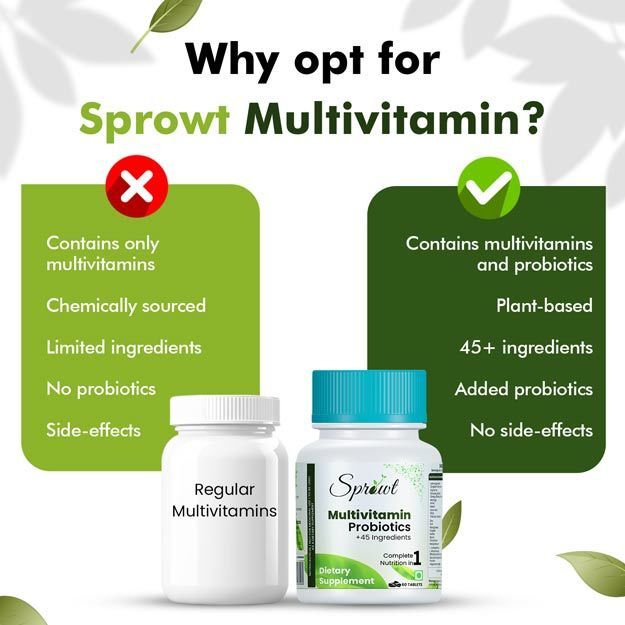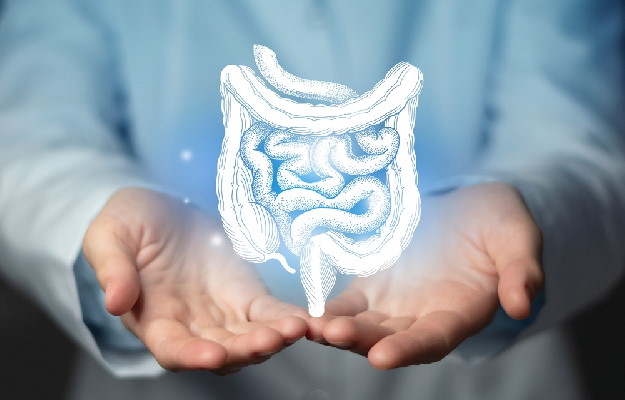Irritable bowel syndrome is a long-term condition of the digestive tract characterised by constipation, diarrhoea and abdominal cramps. The symptoms may come and go and vary in intensity.
A definitive cause for irritable bowel syndrome is not yet determined, but it is often linked with poor dietary habits, lifestyle, stress, infections and a family history of irritable bowel syndrome. An abnormal communication between the nervous system and the bowel muscles is also pointed as a probable cause for irritable bowel syndrome.
Irritable bowel syndrome is mostly treated through lifestyle and dietary changes. Intake of proper amount of fiber can help in managing the symptoms of irritable bowel syndrome. A low fermenting carbohydrate diet, also known as a low FODMAP diet, is also advised in certain cases.
Homeopathic medicines like argentum nitricum, colocynthis, lycopodium, podophyllum and sulphur, among others, have been tried with impressive outcomes in irritable bowel syndrome.
There are two fundamental principles of homeopathy:
- Like cures like: This principle states that a homeopathic medication prescribed to an individual for a set of symptoms is made from the same substance which can cause similar symptoms in a healthy person when given in large amounts.
- Least amount required: This principle states that homeopathic medications are highly diluted and potentised substances prescribed in the least amount to effect the needed response. More concentrated forms of the substance may result in worsening of the condition and is ill-advised.
Since these principles are diligently applied, side effects of homeopathic medicines are generally absent or, if present, are negligible.





